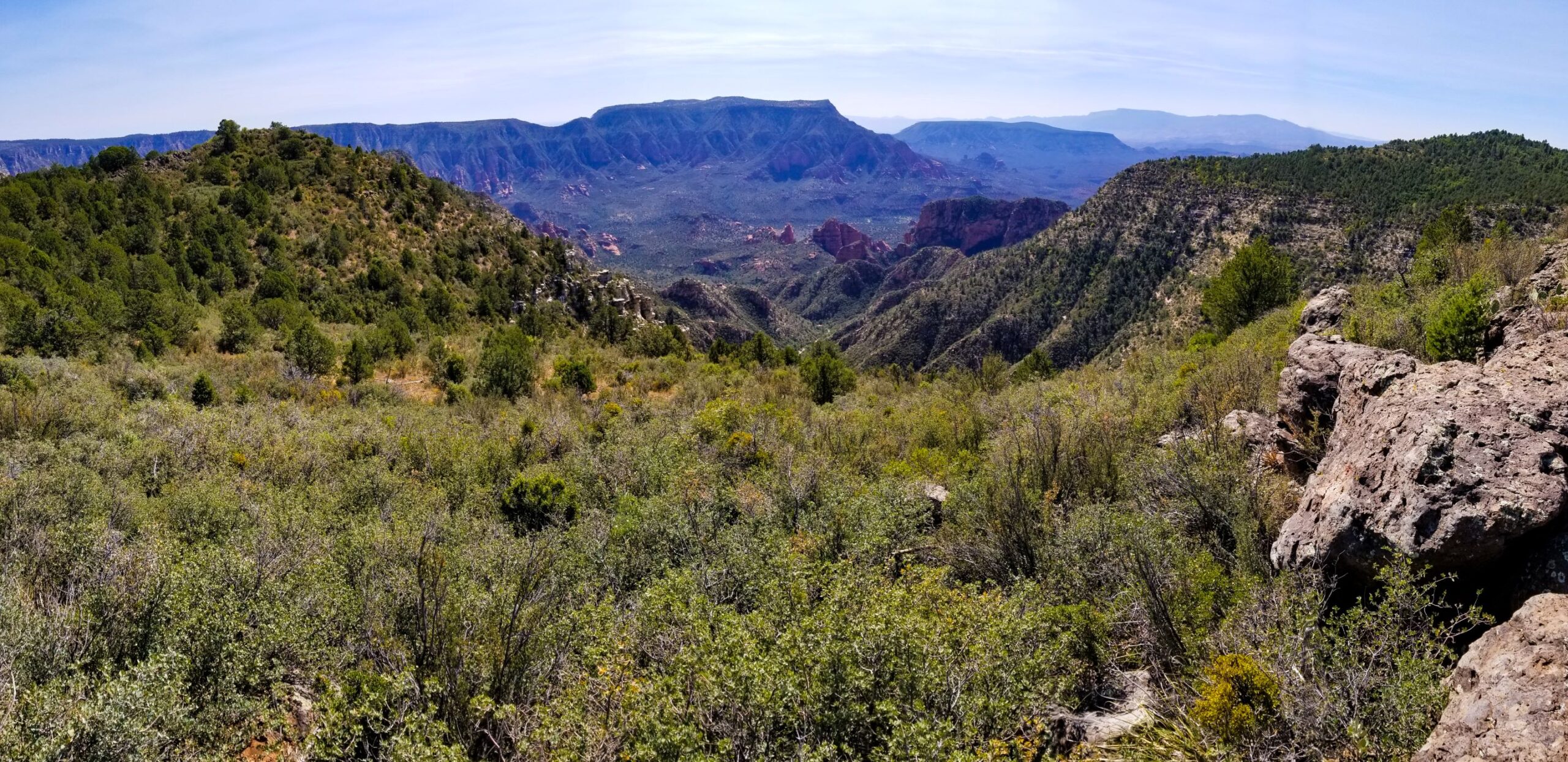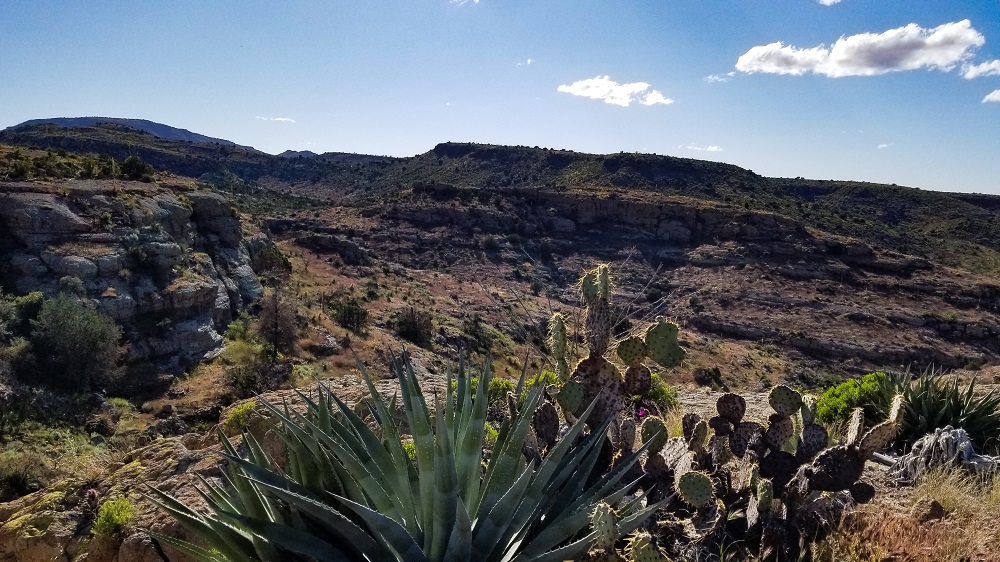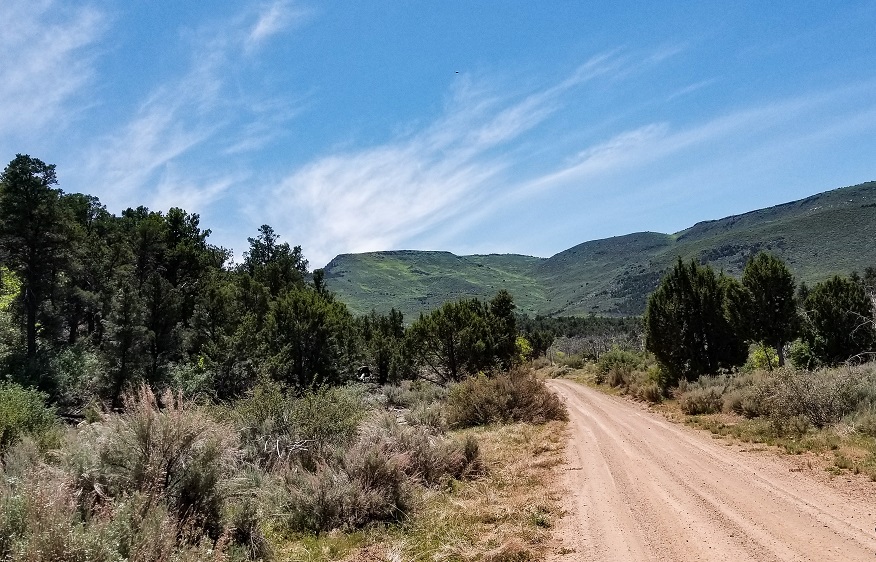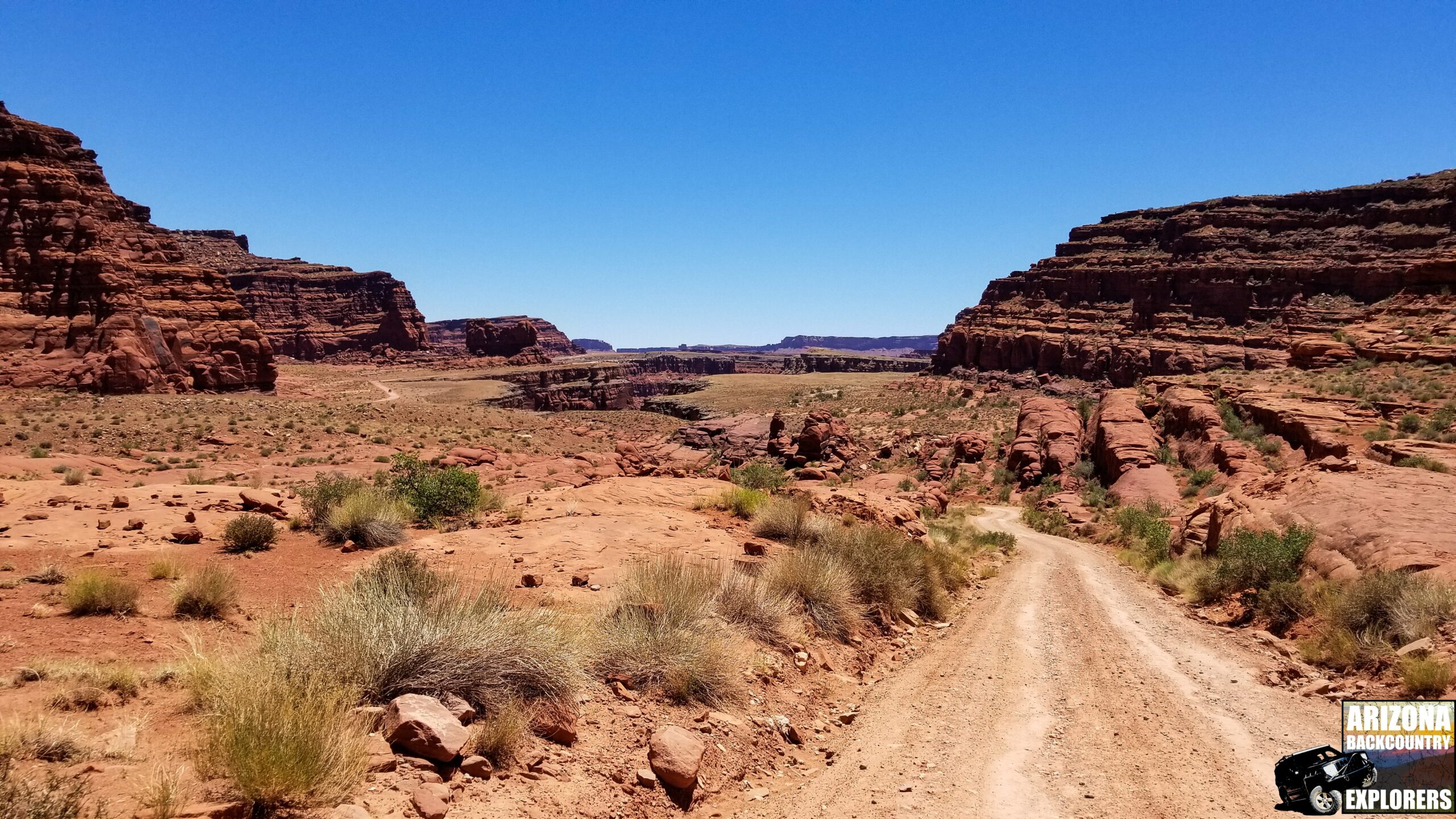Your cart is currently empty!
Posted in
The Intergovernmental Science-Policy Platform on Biodiversity and Ecosystem Services (IPBES) released the Global Assessment Report on Biodiversity and Ecosystem Services. The 1,148-page document describes the current conditions of Biodiversity and Ecosystem Services worldwide and makes some crazy tinfoil hat claims to justify corporate control of natural resources across the world.
“The overall scope of the assessment is to assess the status and trends with regard to biodiversity and ecosystem services, the impact of biodiversity and ecosystem services on human well-being and the effectiveness of responses, including the Strategic Plan and its Aichi Biodiversity Targets. It is anticipated that this deliverable will contribute to the process for the evaluation and renewal of the Strategic Plan for Biodiversity and its Aichi Biodiversity Targets.”
The Aichi Biodiversity Targets are a set of 20 specific goals established under the Strategic Plan for Biodiversity 2011-2020, which was adopted by the Convention on Biological Diversity (CBD) in Nagoya, Aichi Prefecture, Japan, in 2010.
These targets masquerade as a noble cause to address the underlying causes of biodiversity loss, reduce pressures on biodiversity, safeguard ecosystems, enhance benefits of biodiversity, and promote its conservation and sustainable use. In reality, this is a plan to usher in a complete and total corporate monopoly of natural resources around the world. Far beyond mere conservation efforts, these measures are expected to centralize control under a handful of multinational corporations. This centralization will not only control vast natural resources but also dictate the terms of their use.
Target 6:16 of the Aichi Biodiversity Targets aims to mobilize financial resources for biodiversity for implementing biodiversity plans made available worldwide. However, in practice, this is nothing more than a thinly veiled attempt to funnel vast sums of money into the hands of corporations that claim to be “conserving” the environment. The reality is, these multinational corporations have little interest in genuine conservation. Their true objective is to monopolize access to the earth’s resources, control land use, and profit off natural assets, all under the guise of environmental responsibility.
The corporate elite, backed by global entities like the IPBES, have crafted a narrative that prioritizes “sustainability” over traditional land use rights. This narrative conveniently ignores the fundamental rights of local communities and individual landowners who have stewarded their lands for generations. These people understand the intricate balance between land, ecosystems, and human interaction—wisdom that has been passed down through centuries.
Instead of empowering individuals and communities to make decisions about the land they inhabit, the proposed strategies by the IPBES and other corporate-backed organizations are focused on restricting and centralizing control. They talk about ecosystem services, but in practice, they are using this rhetoric as a tool to enforce regulations that limit landowners’ rights. The push for “biodiversity” protection is not about ensuring the survival of species, but about taking away control from those who have always maintained the land.
A prime example of this is the way these global agendas call for creating protected areas and “sustainable” development zones. These zones are often off-limits or limited to local people, further reducing their ability to use their land as they see fit. In many cases, these zones are implemented through partnerships with multinational corporations that can afford to “manage” the land in ways that ultimately benefit them while disempowering local populations. Farmers and ranchers are left to deal with the consequences: eviction from their land, loss of livelihood, and cultural erasure.
Meanwhile, the corporations that position themselves as the environmental saviors stand to gain access to vast tracts of land and the resources therein. These companies will control the “sustainable” production of goods like timber, minerals, and water, but at the cost of local autonomy and livelihood. They will profit from activities such as carbon offset trading and eco-tourism, while regular people are left powerless to make decisions about their own environment.
It’s time to reject this hypocritical corporate takeover disguised as environmental action. Land is more than a resource—it’s a livelihood, a heritage, and a right. Instead of prioritizing corporate control under the pretenses of saving the planet, we must stand in support of true land use rights. The real solution lies in empowering individuals and local communities to manage their land in a way that benefits both the environment and society—not in centralizing control under a corporate-led global agenda.
We must push back against this growing trend of land dispossession, and instead, work to preserve the rights of those who have cared for the land for centuries. These are the true stewards of our natural world, not the corporations who seek to profit off of it.
You can find the 1,148 page document here
Tags:
You may also like…

Visit the AZBackroads.com Store
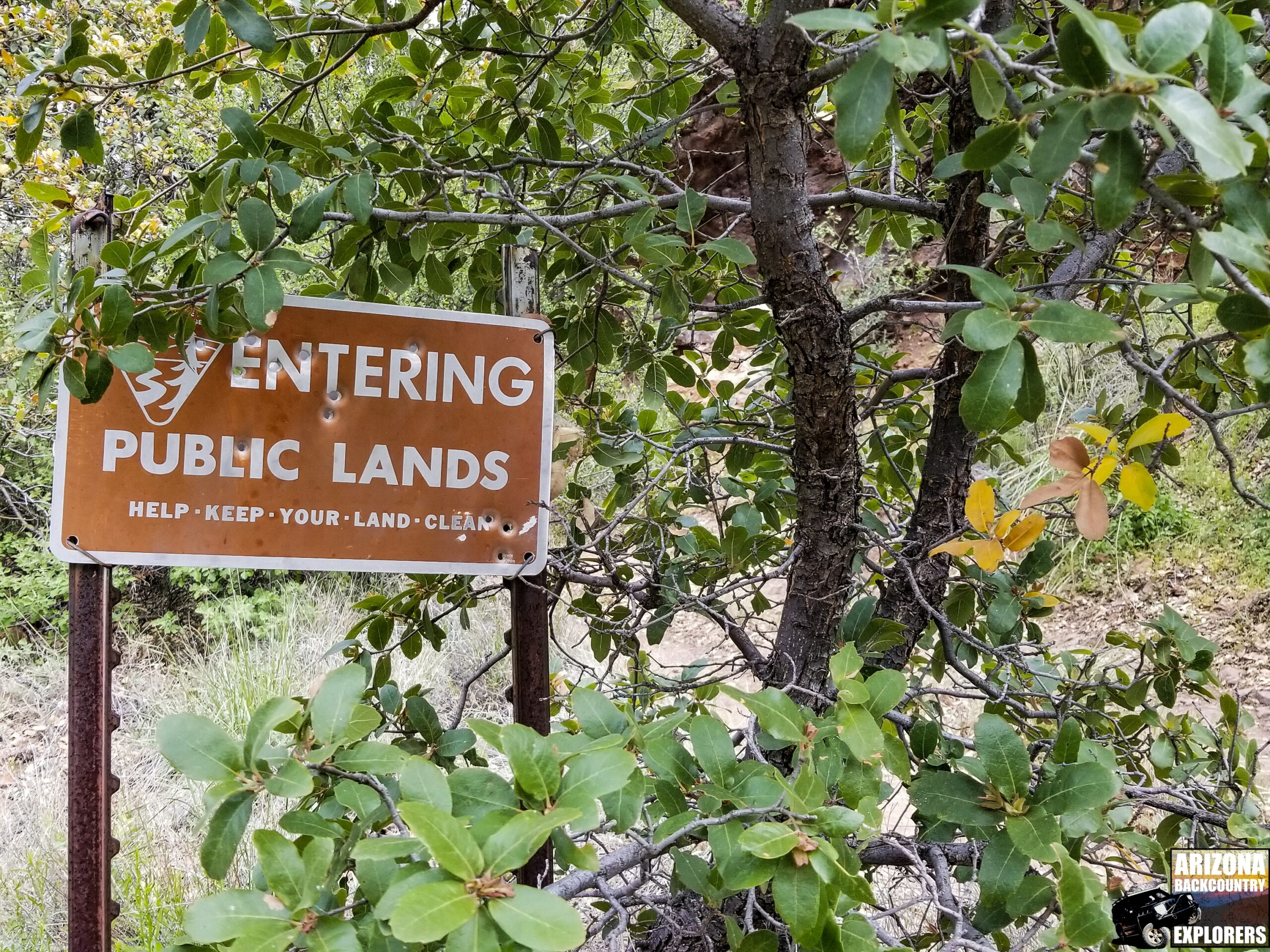
Please Become A Member
We need your help to keep our backroads open. Please join today!





